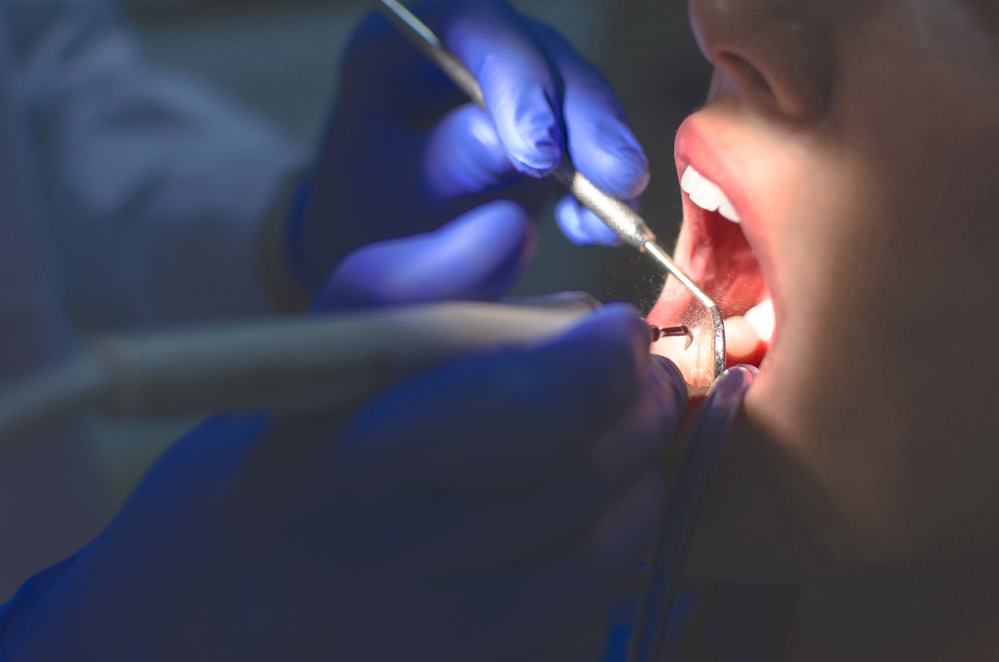What’s The Best Way to Floss
We all know we should floss, but it can be tough. Part of this is because flossing can feel like an extra task in an already busy day, but it...

There are times when a dental hygienist’s standard cleaning isn’t enough to clean your teeth thoroughly. For instance, if bacteria have invaded below your gum line, a deep dental cleaning may be necessary to restore your gums to proper health.
Here are six common reasons why dentists recommend deep cleaning treatments and how your teeth can benefit.
A dental deep cleaning is a similar process to how a dental hygienist usually cleans your teeth. However, periodontal scaling and root planing treatments focus on the roots’ outer surface and below the gum line.
During a dental scaling, your dentist or hygienist will use a hand-held dental scaler to manually scrape the plaque from your teeth both above and below the gumline. An ultrasonic tool with a vibrating metal tip and a water spray can also wash away tartar. Root planing is a rubbing motion used to smooth rough spots on your teeth’ roots that promote gum disease by trapping bacteria. Planing and scaling will help to encourage your gums to reattach to your teeth.
This type of cleaning is necessary when tartar build-up has caused an infection in the gums. If pockets form, the gumline widens and pulls away from the teeth. Loss of this connective tissue can ultimately lead to bone loss and tooth loss.
A deep dental cleaning may be necessary for the following reasons:
If you’ve been recently diagnosed with gum disease, your dentist will likely recommend a deep cleaning treatment. This process works to clean out plaque and bacteria stuck in the pockets between the gums and the teeth. Your dentist will use a unique tool to remove plaque from your tooth’s crown down to the root.
Scaling and root planing are incredibly effective at managing inflammation caused by gum disease. Benefits of deep cleaning treatments include:
Preventing gum disease – A deep cleaning can help remove build-up that will eventually lead to gum disease.
Protecting the teeth – The bacteria associated with gum disease can cause deep pockets between the teeth and gums to form. Eventually, these pockets start to pull away from the teeth, and tooth loss is the result.
Improving chronic bad breath – One of the first noticeable gum disease symptoms is persistent mouth odor or bad breath. Bad breath can be immediately reduced after a professional deep cleaning treatment.
Preventing other health conditions – Plaque known to cause gum disease can travel through the bloodstream and put patients at a higher risk of developing other conditions like heart disease and stroke.
Immediately after a deep cleaning treatment, you can expect your teeth and gums to be sensitive for a few days. Eating a diet of soft foods and avoiding overly hot or cold items can ease discomfort. Within two to three weeks, your teeth should feel strong, healthy, and bacteria-free. If your dentist prescribes antibiotics or any over-the-counter mouth rinses, be sure to follow their recommendations.
After a professional deep cleaning, you must practice good oral hygiene to prevent gum disease from returning. Brush twice per day for a full two minutes, and focus on brushing areas where your teeth meet your gums.
Regular dental cleaning appointments can do wonders in keeping your teeth and gums healthy. Contact Hoffman Dental Care to schedule a routine cleaning with your hygienist.